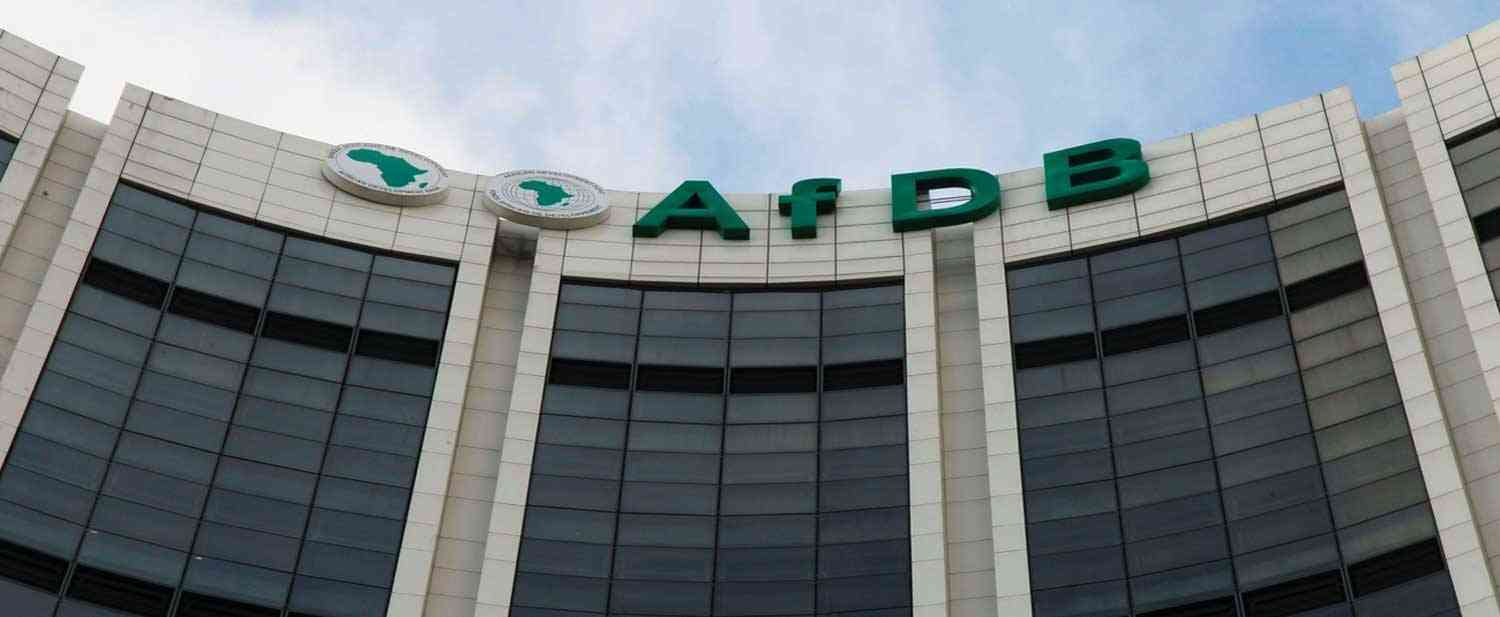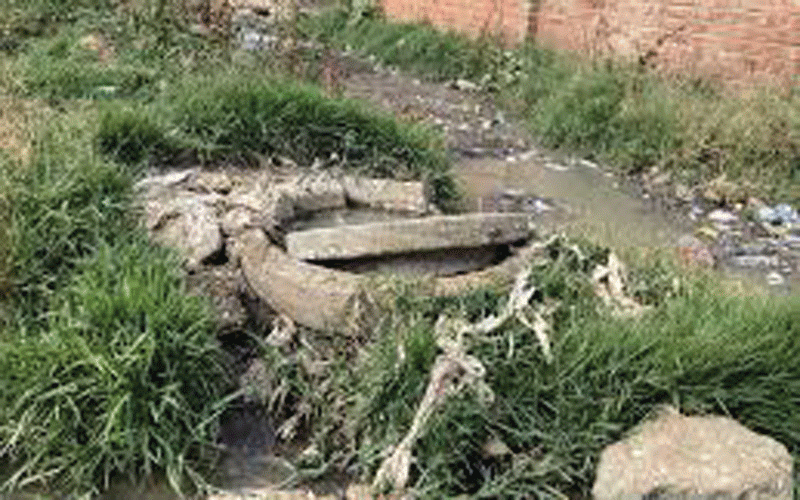
THE African Development Bank (AfDB) has revised Zimbabwe’s economic growth rate to 6% this year, up from 5,3% initially forecast on the back of a 12,8% rebound in agriculture.
Early this year, the bank had also indicated that the economic performance in Zimbabwe would benefit from agricultural recovery, greater electricity generation and expected stability in commodity prices in mining.
Economic growth slowed to 2,0% in 2024 from 6,3% in 2023 due to the impact of El Niño-induced drought, reduced agricultural output by about 15%.
However, unpacking the country’s economic outlook report for 2025, AfDB country economist Kelvin Banda said the fiscal deficit is expected to narrow to 0,9% of gross domestic product (GDP) on account of fiscal consolidation and increased domestic revenues.
“The outlook for 2025 is positive, with real GDP growth projected at 6,0%, driven mainly by a 12,8% rebound in agriculture due to a bumper harvest,” he said.
“Annual ZiG inflation is projected to ease to 23,6%, aided by tight monetary policy and exchange rate stability.”
Banda said the current account surplus of 2,0% of GDP is estimated for 2025 on account of increases in prices of and expected improved international commodity.
In the past year, the Zimbabwe Gold (ZIG) currency showed relative stability since its introduction in April 2024, with annual ZiG inflation averaging 55,7% in 2024 up from an estimated 29,4% in 2023.
- Renault hands Russian assets to Moscow
- New perspectives: Building capacity of agricultural players in Zim
- AfDB cuts Zim’s growth projections to 3.5%
- News in depth: Mnangagwa’s push for $12 billion mining industry imperils communities
Keep Reading
Fiscal deficit narrowed to 1,2% of GDP in 2024 from 6,4% of GDP in 2023 on account of increased domestic revenues.
Banda stressed on the need for Zimbabwe to make use of its resources, saying the country had the potential to raise between US$7,5 billion and US$8 billion annually by formalising the informal sector
“If we are able to formalise the informal sector, which is huge, we can achieve those figures. I don’t know what sort of percentage that would be relative to our GDP,” he said.
“That’s a significant amount. So, this is an area, an opportunity where we can leverage by turning around or investing in the business capital.”
Banda added that the debt issue was an obstacle which needed urgent redress to unlock funding.
“We need to address that, and we are happy to be involved in that process to make sure that Zimbabwe addresses its arrears, Zimbabwe pays its debt, so that we can unlock concessional financing,” the AfDB country economist said.
“That is necessary for our business, for the private sector, as well as the country, to be able to access cheaper money on the international market.”
AFDB deputy director general for southern Africa, Moono Mupotola, said this year’s country-focused report on Zimbabwe highlights three key priorities, which are strengthening governance at the global level to boost investment projects, capital increases, including decent financial growth.
“Second, reforming institutions, especially State-owned enterprises and public financial management systems to enhance domestic resource utilisation and improve service delivery.
“Three, scaling up private sector participation through diaspora engagement, innovative financing, and public-private partnerships to bridge the development-financing gap.”
Mupotola added that these priorities are grounded in the reality of Zimbabwe’s ongoing challenges as they respond directly to the persistent challenges that continue to constrain the productive use of capital and discourage investment.
“Key obstacles include governance gaps, regulatory complexity, weak enforcement of property rights, and limited access to long-term and affordable financing,” she said.
The report also called for coherent reform set of investing and institutional capacity, aligning tax and investment policies with national and global goals, and fostering stronger collaboration between government, private sector and development partners
It also urged Zimbabwe to look on the outside and achieve the opportunity of the African Continental Free Trade Area, adopt regional best practises, in land and environmental governance, as well as align this ambition with the African Union’s agenda for 2023.










